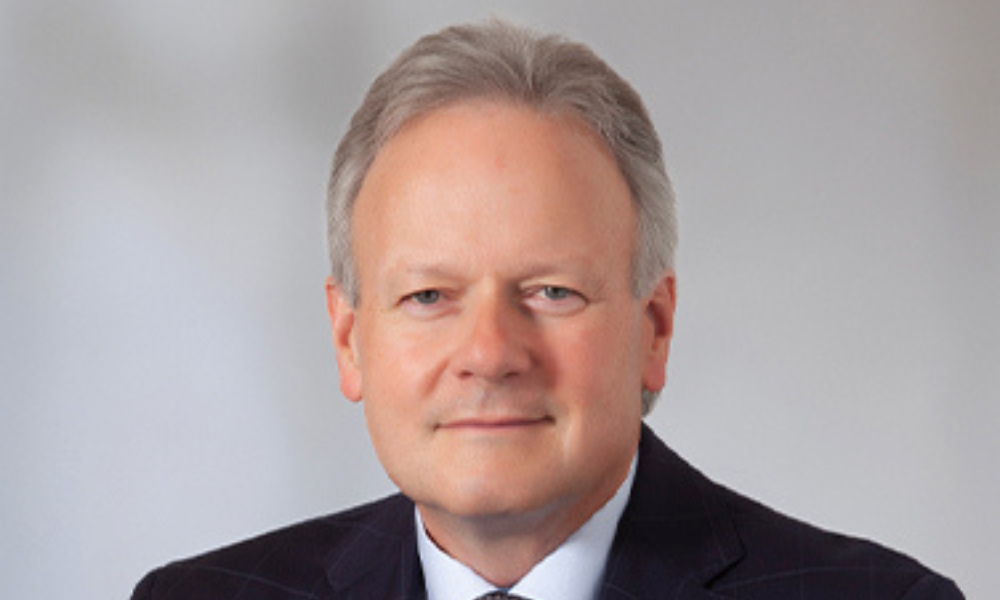Read more: Being governor is a ‘really rich feeling – there’s not much that can compare’
Poloz left his position at the central bank three months later having decided not to run for another seven-year term. But the impact of the policy response during the tailend of his reign continues to be felt and debated. Fiscal stimulus has contributed to inflation, which his successor Tiff Macklem is now charged with getting under control, but Poloz believes some perspective has been lost.
Back in the early days of lockdowns, the media was awash with dire forecasts that the pandemic would send Canada into the worst recession since the Great Depression. Economic adaptability has been one of the biggest lessons of the pandemic and Poloz, true to his upbeat reputation, always believed the economy would prove resilient.
He credits the success of CERB – government debt to GDP ratio peaked at 46%, up only half as much as he feared – the speed with which it was put together and its ability to be as big or small as needed. “It was the most remarkable piece of fiscal policymaking in our history,” he said.
“A firefighter never gets criticized for using too much water. … Let’s put it in context; we avoided the second Great Depression.”
For many people, of course, COVID has been desperate, whether they’ve lost employment or, much worse, a loved one. As a central banker, however, Poloz believes his forecast was proved right. People’s ability to switch to remote work ensured the economy was back to 97-98% of its capacity by September, 2020. The top part of the economy’s “K” graph kept growing, creating new jobs an adding to the resiliency, although it’s also meant industries in the bottom part have struggled to recruit upon reopening.


 A Week of Giveaways!
A Week of Giveaways! 